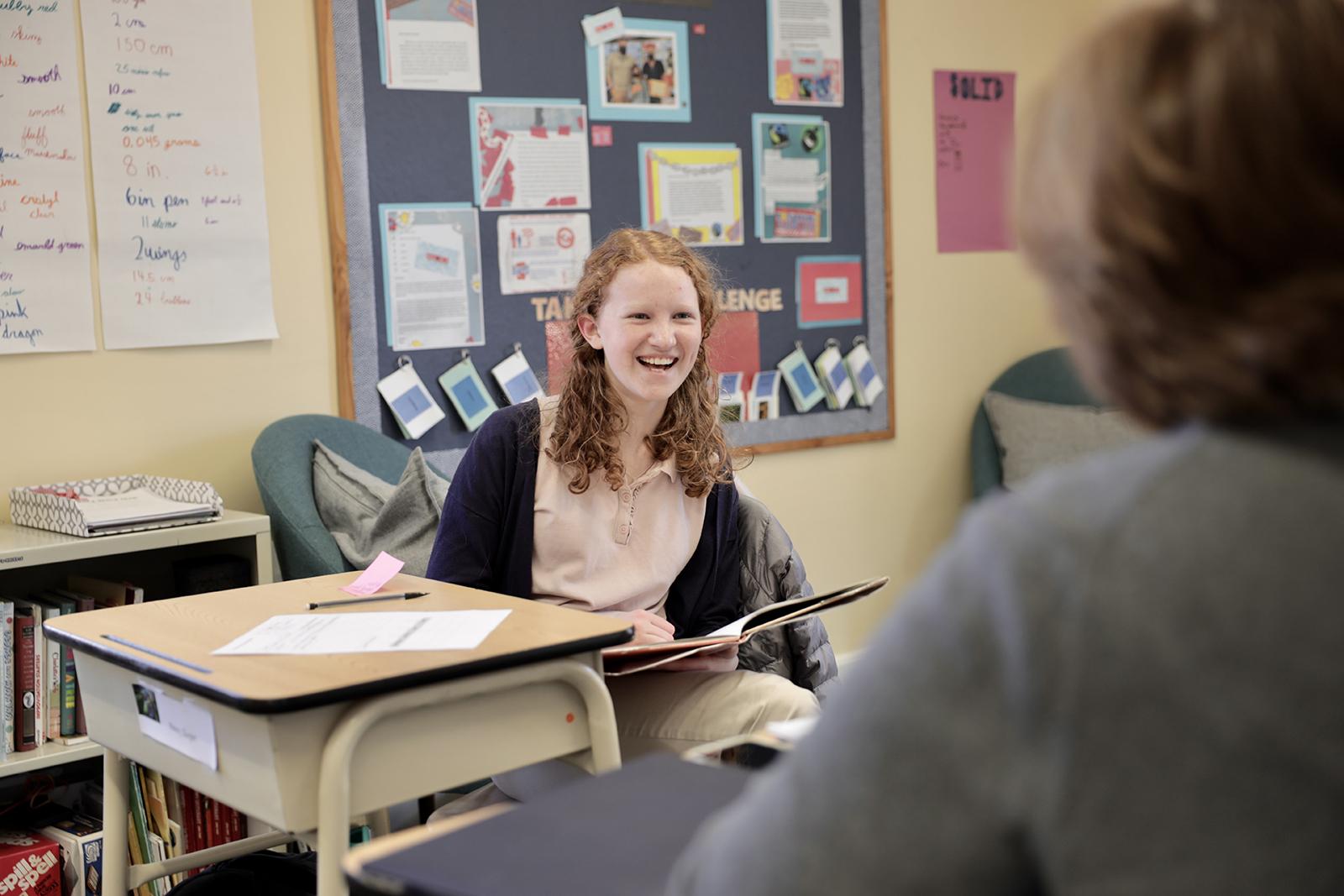- Our School
- Our Advantage
- Admission
- Elementary•Middle School
- High School
- Summer
- Giving
- Parent Resources
- For Educators
- Alumni
« Back
Making the Most of Your Summer
June 3rd, 2025
Read more posts about Navigating the College Admissions Process for Students with Learning Disabilities.
Post-Secondary Tips for Parents of Rising Seniors
Rising seniors will be busy this fall exploring post-secondary options—from colleges and universities to gap years and vocational training. Use the summer to prepare together and reduce stress when school starts. These tips will help your student get a jump-start on post-graduation planning.

Set Aside Time to Talk
Designate a weekly time to discuss post-secondary planning. This keeps everyone informed without letting the topic dominate every conversation.
Be open and supportive when talking about your student’s interests, aspirations, and potential concerns.
Set Parameters to Narrow the Search
Help your student identify basic criteria to make the search manageable:
Location: What’s a reasonable distance from home?
Setting: Urban, suburban, or rural?
Finances: What’s the family’s budget? Will financial aid or scholarships be needed?
Visit a Variety of Schools
Try to explore schools of different sizes and regions—even virtually.
Create a shared list of questions to ask on visits.
Always visit or contact the Office of Disability Services—it’s usually not part of the main tour. Accommodations and supports can vary widely by school.
Start the Personal Essay
Review current Common Application prompts (https://www.commonapp.org).
Draft an essay over the summer—it’s much easier to revise during the school year than to start from scratch under pressure.
Decide if ACT or SAT Prep is Necessary
- Are the majority of your target schools test-optional or test-blind? See a list from FairTest.org.
Will test prep conflict with valuable work, volunteer, or travel opportunities?
Consider Khan Academy for free, self-paced prep, or other updated platforms like Magoosh or UWorld.
Post-secondary education and transition should be a conversation, but not the only conversation!
Update Psychoeducational Testing if Needed
To qualify for accommodations in higher ed, cognitive/achievement testing should be within 3 years of enrollment.
Schedule this in advance, as providers often book up in the summer.
Ask for Letters of Recommendation
Reach out early to non-school contacts like summer program teachers, camp counselors, or work supervisors.
Asking in summer helps avoid the fall rush and gives recommenders time to write a strong letter.
Get Involved in Summer Activities
Encourage students to pursue activities that foster independence and growth:
Part-time work
Travel experiences
Camps or academic programs
Volunteer opportunities
Creative projects
Unstructured downtime too—it helps reduce burnout and sparks creativity.
Support Without Micromanaging
Be available to help, but let your student take the lead. This builds confidence and mimics the independence they’ll need in post-secondary life.
Posted in the category College Prep.








.jpg?v=1652115432307)











